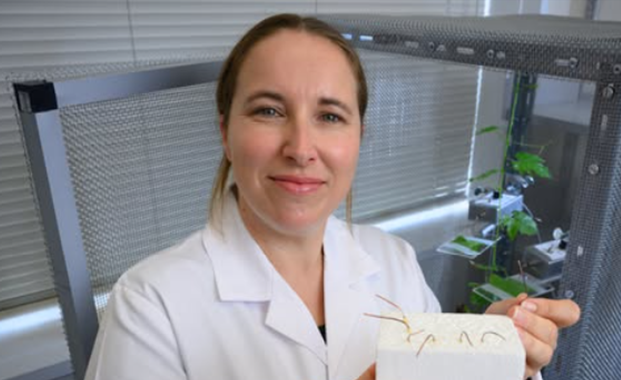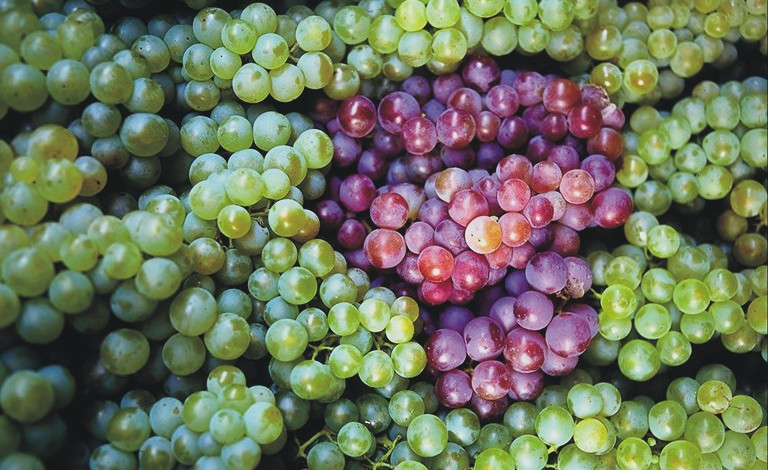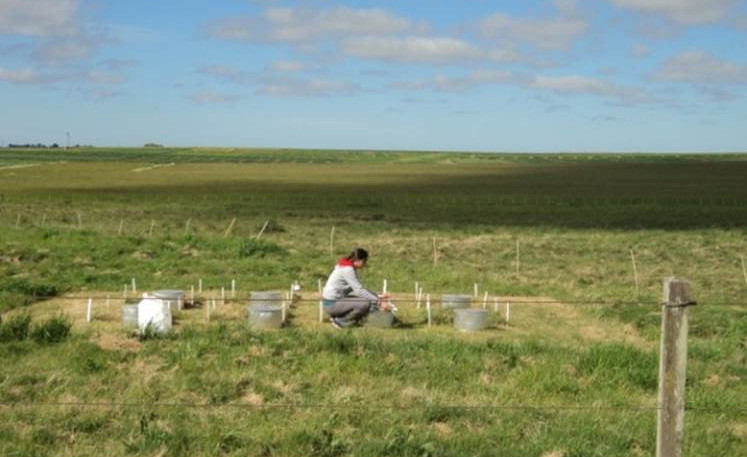World-first genomic study aims to cut chemical use in wine sector
16 July 2025 | News
The Shout New Zealand has published a story covering the world-first genome study by Lincoln University, which aims to help New Zealand’s billion-dollar wine export industry grow more disease-resistant grapevines and reduce fungicide use in the sector.
New Zealand farmers consume 3,400 tonnes of pesticides annually. Under the US Environmental Protection Agency’s classification, 5% of herbicides, 60% of fungicides, 8% of insecticides and 72% of plant growth regulators used in NZ are suspected carcinogens.
Early findings from the grapevine research suggest that chemical spray use could be cut by as much as 80% in some cases – a potential multimillion-dollar cost saving for an industry under mounting pressure from climate change, which is intensifying disease risk and making traditional spray schedules less effective.
Viticulture is New Zealand’s sixth-largest export industry, generating $2.1 billion in export revenue last year alone, and employing thousands across the country’s key winegrowing regions.
The research aims to identify natural genetic traits that make grapevines more resistant to disease, reducing the need for fungicides and boosting productivity for growers.
Scientists at Lincoln University have installed the MGI DNBSEQ-G400 genome sequencer, a next-generation DNA reading machine, which is enabling them to run tens of thousands of tests on grapevines at a fraction of the time and cost of traditional methods.
Advances in sequencing technology have dramatically reduced the cost of genomic sequencing, from billions of dollars in the late 1990s to just tens of thousands today, making large-scale studies like this one feasible.
Associate Professor Christopher Winefield, Department of Wine, Food & Molecular Biosciences at Lincoln University, says it is the first time the sequencing platform has been used to support wine-related research in New Zealand.
“The wine industry is a major contributor to the New Zealand economy, but it’s also facing huge challenges around sustainability. Vineyards are heavily reliant on chemicals to fight fungal disease and that can come at a cost to the soil microbiome, long-term crop health and the environment,” he says.
Read the full article on this world-leading research, including more from Lincoln University's Associate Professor Christopher Winefield, on The Shout New Zealand here >>


